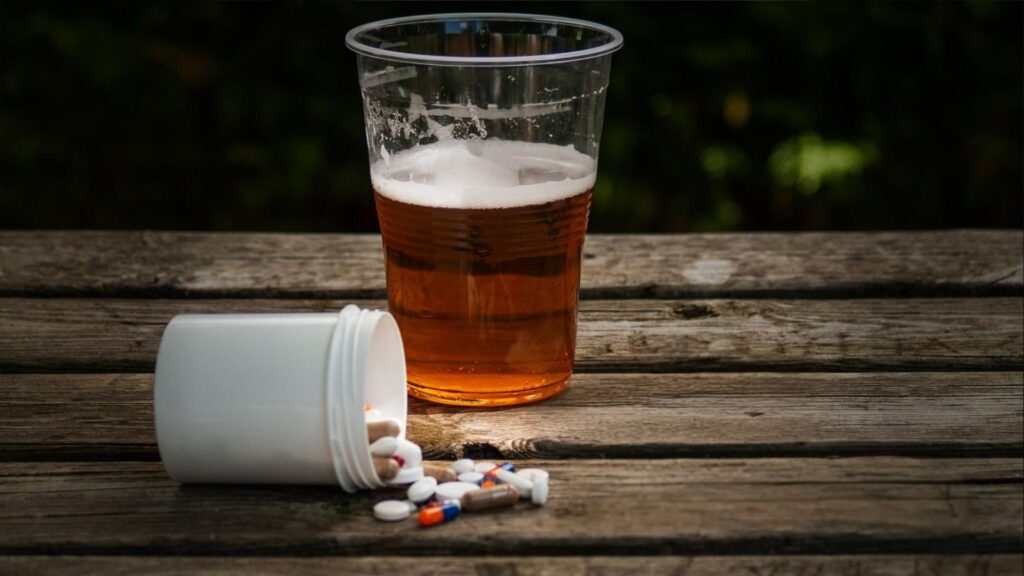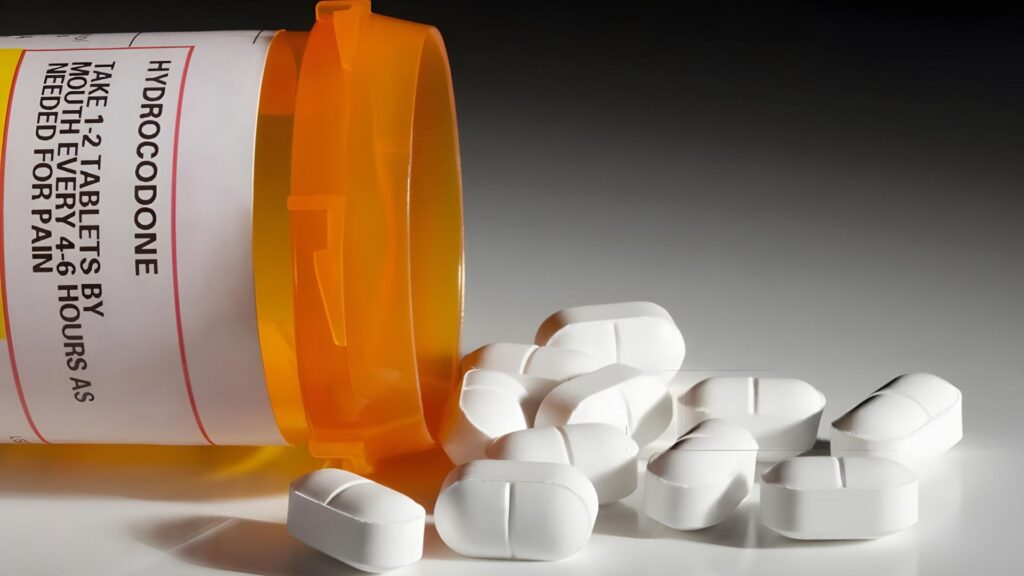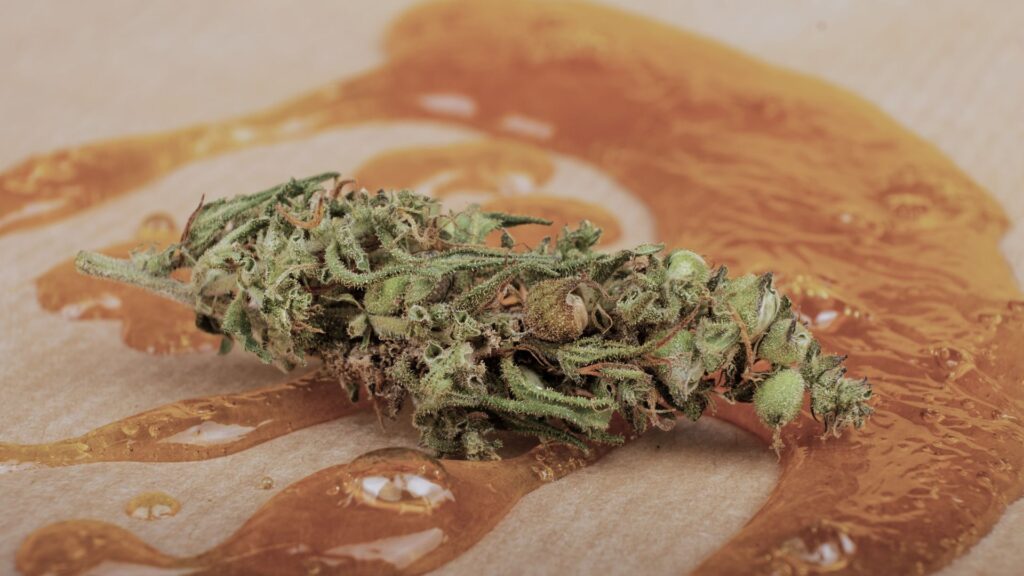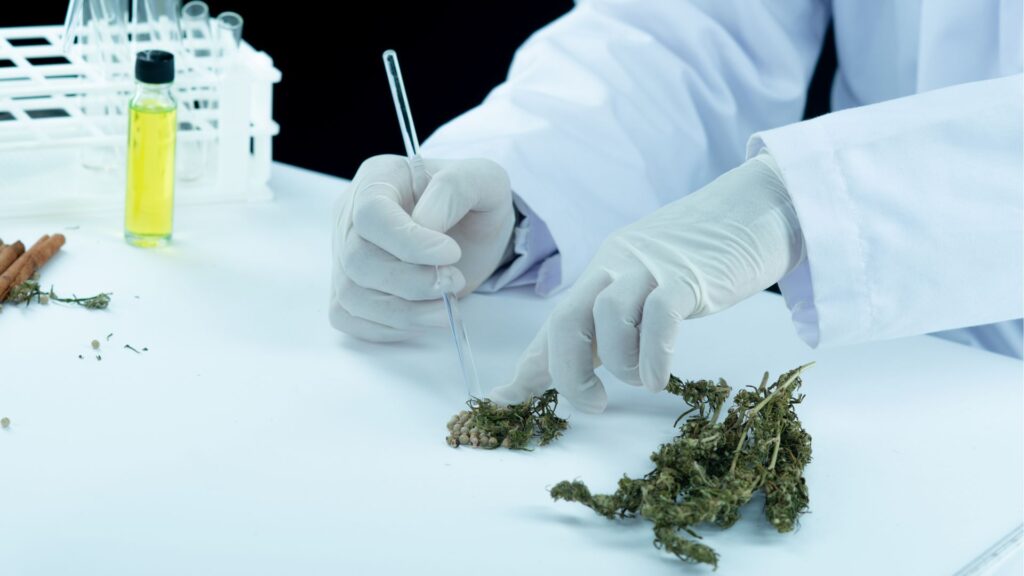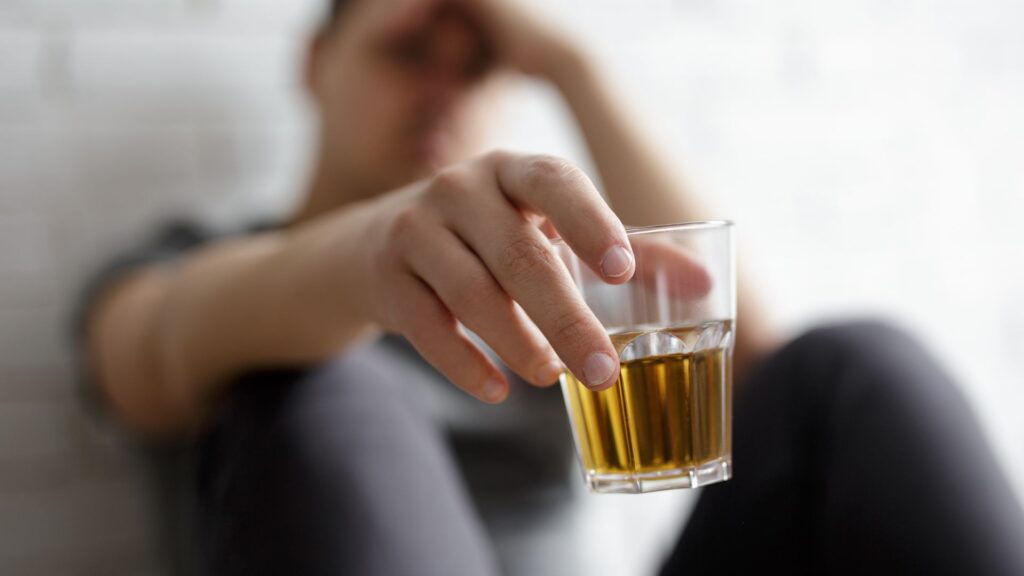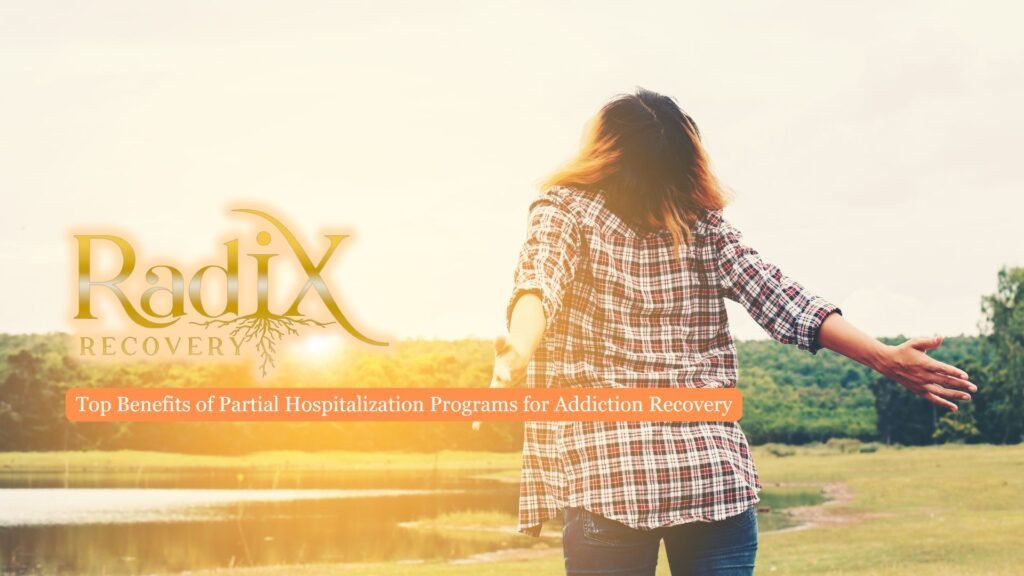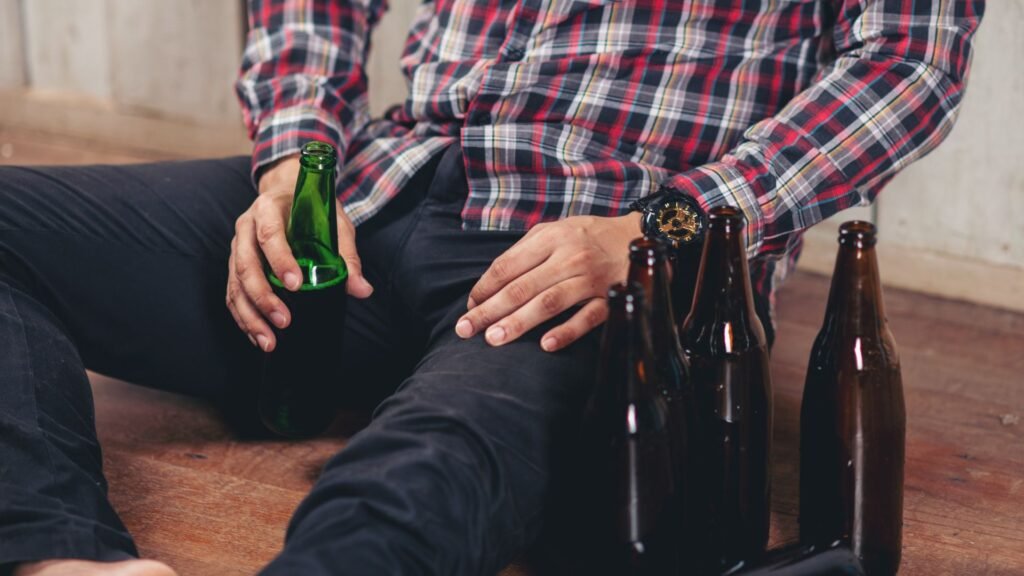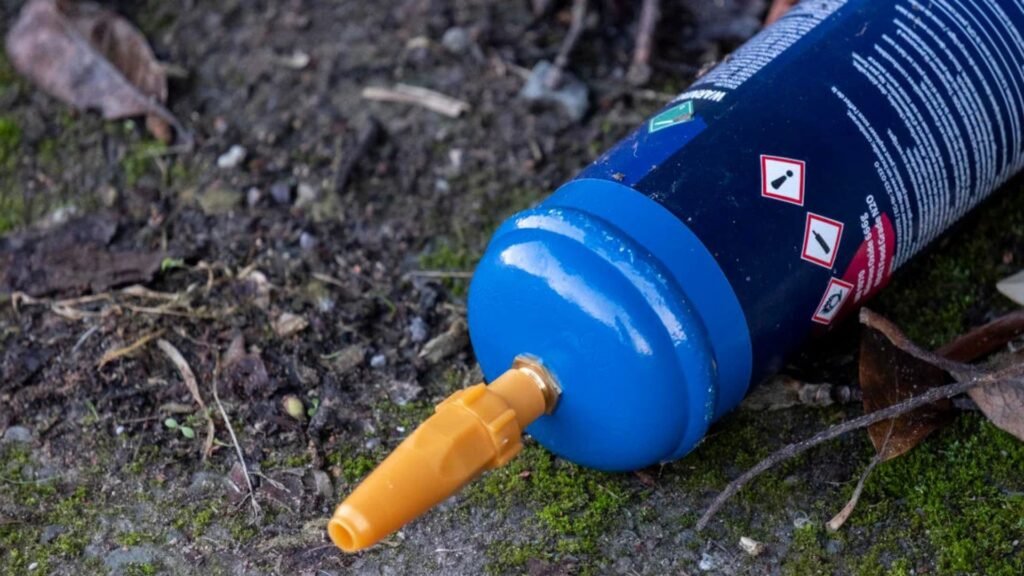One of the most puzzling occurrences often seen in addiction treatment is the propensity for people to relapse not during difficult times, but ironically, when life is going smoothly. This paradoxical event defies our grasp of addiction and recovery, necessitating a more thorough investigation into the intricate character of substance use disorders.
This article investigates the fundamental reasons behind relapse during times of stability and achievement, illuminating the ongoing nature of addiction recovery and the significance of staying vigilant throughout the path to long-term sobriety.

Overconfidence and Complacency
You might feel secure in your sobriety, causing you to underestimate the ongoing challenges of maintaining it. This false sense of security often leads to neglecting support systems and coping strategies that have been crucial to your success.
As you become complacent, you may disengage from recovery programs and support networks, leaving yourself vulnerable to potential triggers. You might overlook the need for proactive measures to address these triggers, particularly during seemingly stable periods.
The highest relapse risk occurs within the first 90 days of recovery, emphasizing the importance of ongoing vigilance and support, even when life appears to be going well.
It can be particularly beneficial for individuals who are experiencing success in their personal or professional lives but still need guidance to prevent relapse to start attending an outpatient program like the one we provide at Radix Recovery.
Read more about our outpatient program here:
Neglecting Support Systems
When you believe you’ve conquered your addiction and no longer need the help of others, you may start to distance yourself from recovery meetings and support networks.
This lack of engagement can result in diminished accountability, making it easier for you to slip back into old habits without anyone noticing. As you emotionally detach from your support systems, feelings of isolation may creep in, triggering cravings and weakening your resolve.
Many individuals underestimate the importance of ongoing support, thinking they can maintain sobriety independently after achieving initial success. However, those who actively participate in support systems are less likely to experience relapse. Many individuals underestimate the importance of ongoing support, thinking they can maintain sobriety independently after achieving initial success. However, those who actively participate in support systems are less likely to experience relapse. Understanding the value of structured support through relapse prevention groups can provide the ongoing accountability, education, and peer connection needed to maintain long-term sobriety.
Boredom and Lack of Motivation
Without the chaos of substance use, you may feel a void that tempts you to seek excitement through relapse. As the routine of recovery fades, feelings of stagnation can set in, making it easy to romanticize past habits.
To combat these risks, it’s crucial to engage in new activities and establish a sober support system. Surround yourself with people who understand your journey and can provide encouragement.
Pursue hobbies or interests that bring fulfillment and purpose to your life. Consistently practice self-care and engage in pursuits that keep you motivated.
Here are reviewed the top strategies one should take into account when aiming to prevent relapse.

Overwhelming Emotions
When you experience positive life changes, such as a new job, relationship, or personal achievement, you may feel a sense of euphoria followed by an unexpected wave of stress and vulnerability.
This emotional rollercoaster can create anxiety and fear of success, as you worry about maintaining your sobriety while navigating these new circumstances. Moreover, your brain may romanticize past substance use during moments of happiness, triggering cravings and a desire to re-engage with old habits.
It’s crucial to develop effective coping strategies to manage these overwhelming emotions and prevent relapse. Incorporate stress-reduction techniques, such as mindfulness, exercise, and deep breathing, into your daily routine.
Triggers and Old Habits
You might find yourself in situations that remind you of your past substance use, causing cravings to resurface. Overlooking these triggers during good times can make you vulnerable to falling back into old behaviors.
It’s crucial to remain vigilant and engaged with your support systems, even when life seems stable. Neglecting meetings, therapy, or other recovery activities can weaken your defenses against relapse. Holidays and special occasions, such as the 4th of July, can be particularly challenging, so planning ahead for these events is important to maintain your recovery.
Final Thoughts from Radix Recovery
For individuals in Cedar Rapids, Iowa, and nearby regions who are facing the intricacies of addiction recovery, Radix Recovery provides a comprehensive outpatient addiction treatment program tailored to address these difficulties. Our approach acknowledges that recovery doesn’t conclude when life circumstances improve, but is rather an ongoing journey that requires continuous support and care.










